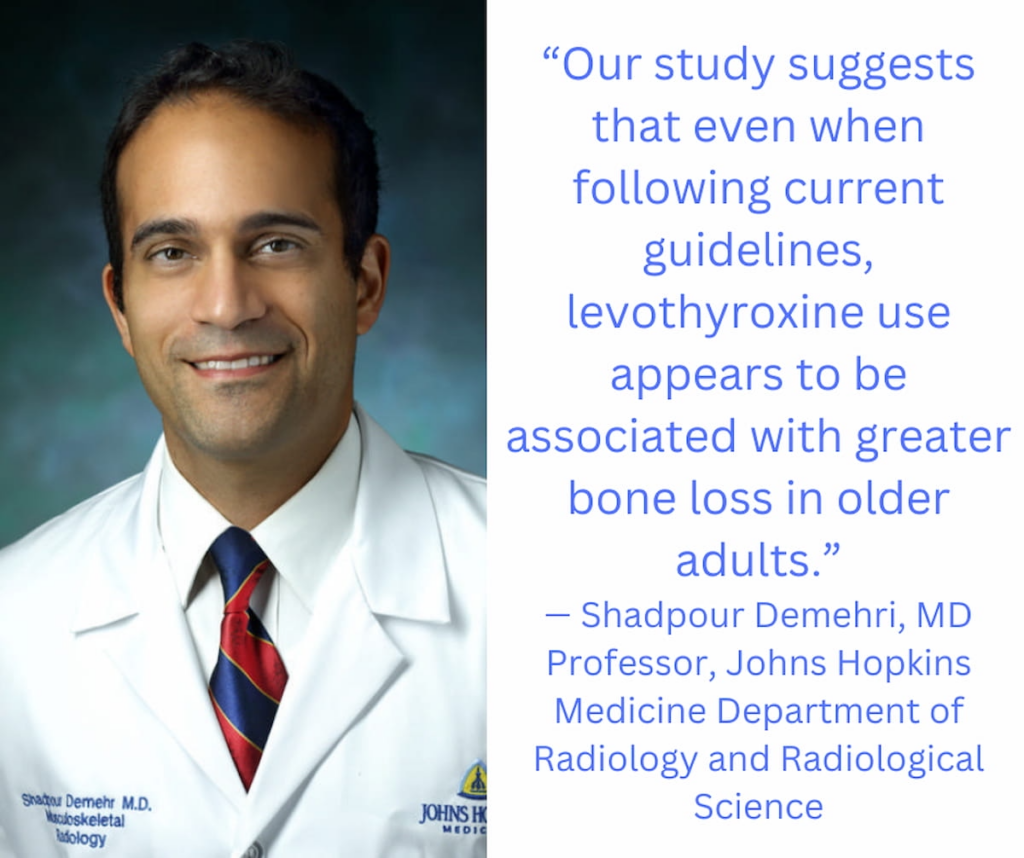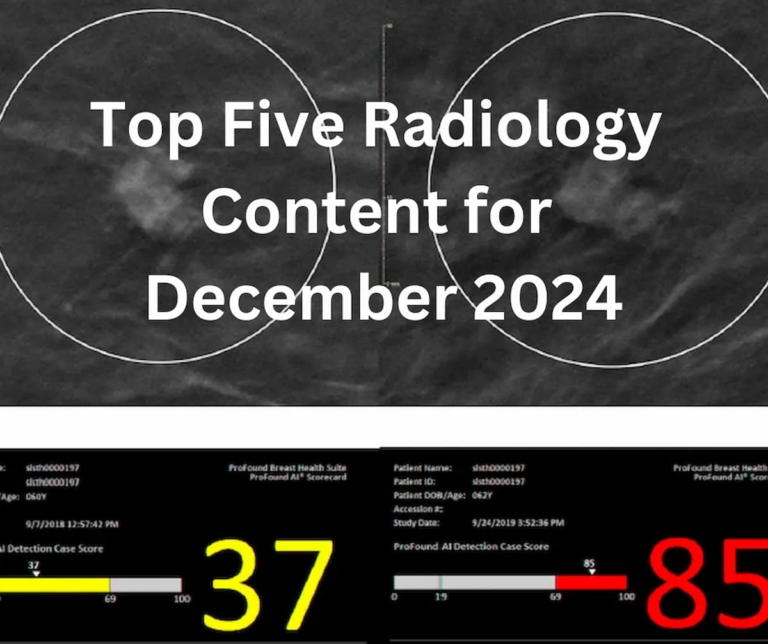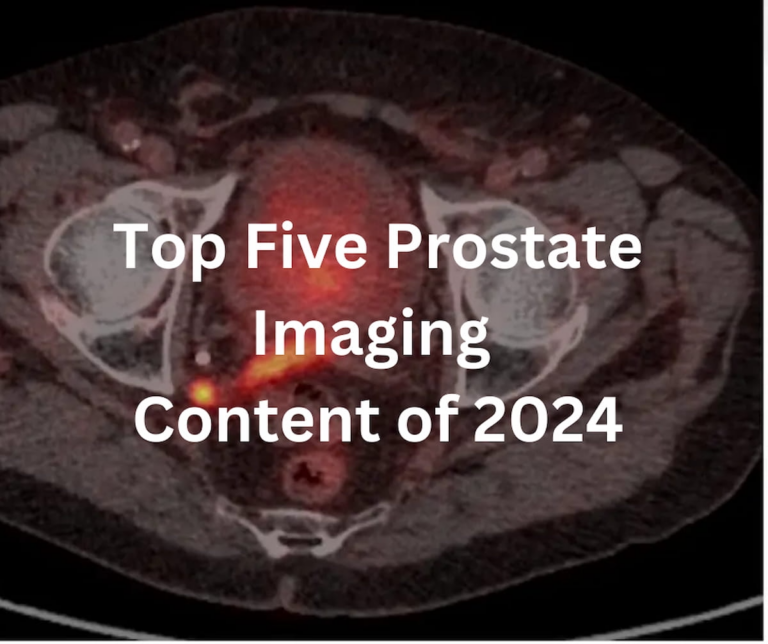
A recent study highlights a concerning link between the regular use of levothyroxine, a common medication prescribed for hypothyroidism, and a decline in bone mass and density over time. This research is set to be discussed at the Radiological Society of North America’s annual conference. Currently, around 23 million Americans take levothyroxine daily, indicating the widespread relevance of these findings.
Researchers conducted a study by analyzing dual X-ray absorptiometry (DEXA) scan data from 81 individuals using levothyroxine and comparing it to data from 364 control participants. The overall group involved in the study had a median age of 73, and at their initial examination, they had an average thyrotropin (TSH) level of 2.35.
Over a follow-up period averaging 6.3 years, the researchers discovered that those in the levothyroxine group experienced a more significant decrease in total body bone mass and density. The beta coefficients reflecting this decline were -6.53 for bone mass and -0.0014 for bone density, indicating a noticeable effect attributable to the medication.
Dr. Shadpour Demehri, a co-senior author of the study and a professor at Johns Hopkins Medicine’s Department of Radiology and Radiological Science, explained that the findings suggest levothyroxine usage is linked with increased bone loss among older adults, even when current dosing guidelines are followed.
Moreover, the study identified a stronger relationship between bone mass loss and higher consumption levels of levothyroxine. Researchers observed beta coefficients of -12 and -8.23 for bone mass loss in the second and third tertiles, respectively, which were stratified by average serum-free thyroxine (FT4) levels.
Dr. Elena Ghotbi, the lead author of the study, and her team emphasized that the more pronounced effects at higher FT4 levels imply that levothyroxine might contribute to an excess of thyroid hormone in some older adults, even when their TSH levels fall within the supposedly normal reference range.
The findings from this study, titled “Levothyroxine use and bone loss in euthyroid older adults: A longitudinal analysis from the Baltimore longitudinal study of aging,” will be shared at the upcoming Radiological Society of North America conference, providing vital insights and prompting further discussion about the implications of levothyroxine therapy in the aging population.


